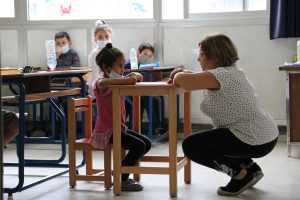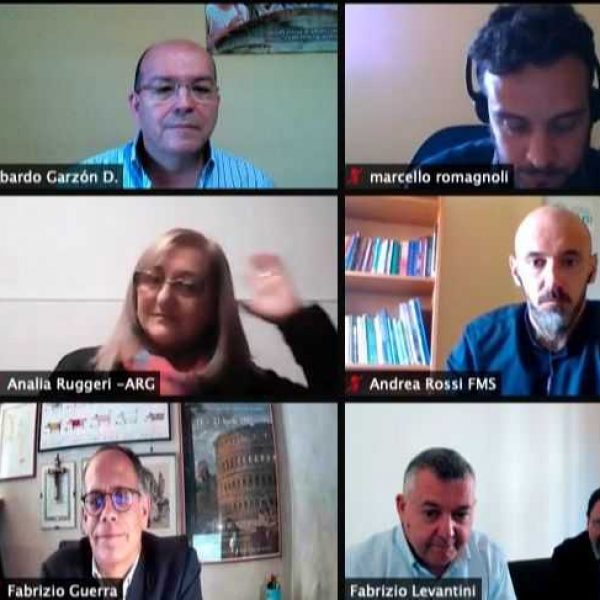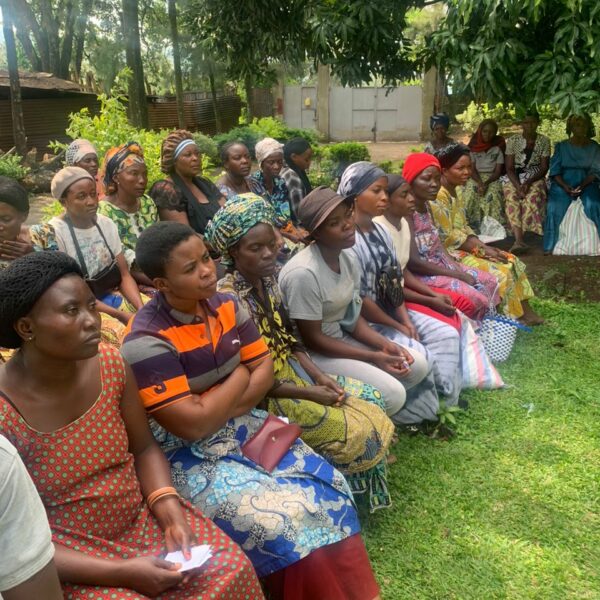 This year’s International Day of Education will be a platform to showcase the most important transformations that have to be nurtured to realize everyone’s fundamental right to education and build a more sustainable, inclusive and peaceful futures. “It will generate debate around how unlock the potential in every person to contribute to collective well-being and our shared home.” (UNESCO website).
This year’s International Day of Education will be a platform to showcase the most important transformations that have to be nurtured to realize everyone’s fundamental right to education and build a more sustainable, inclusive and peaceful futures. “It will generate debate around how unlock the potential in every person to contribute to collective well-being and our shared home.” (UNESCO website).
This fourth International Day of Education falls as gaping inequalities, climate crisis and the dreadful impact of the COVID19 pandemic – disproportionately on low-income countries and vulnerable groups – challenge us to change course in the world.
On this Education Day, UNESCO is calling for a A New Social Contract for Education under the banner Changing Course – Transforming Education, to “address inequalities and pull together for a more sustainable future”.
This new social contract is grounded in a reaffirmed yet expanded understanding of education as a human right, a public endeavour, and a common good. It calls for pedagogies of solidarity and cooperation that treasure diversity and pluralism. It notes the requirement for scientific and digital literacies to counter the spread of misinformation and divisiveness; and to redefine mankind’s relationship with the planet.
This UNESCO call has strong echoes of Pope Francis’s call in October 2020 –calling for a new integral and participatory education system to serve the world, which would lead future generations to pay attention to “grave social injustices, violations of rights, terrible forms of poverty” .
UNESCO welcomed the launch of the Pope’s Global Education Compact in 2020, with the vision of putting people, in all their human value and dignity, at the centre of education; listening to children and young people; encouraging the education of women; valuing families as key educators; having a special focus on “the most vulnerable and marginalised”; preserving the environment; and having education generate new concepts of economics, politics, growth and progress that serve everyone “within the context of an integral ecology”.
The COVID19 pandemic has again highlighted key weaknesses in education globally – particularly around inequality of access to quality basic education, and critical challenges to girls’ participation and achievement – which we must address to build a better future.
FMSI works to improve the accessibility, inclusion, and quality of all educational initiatives. FMSI supports educational initiatives that build awareness of social responsibility, that strengthen educational systems, and that defend policies in support of the right to education.



